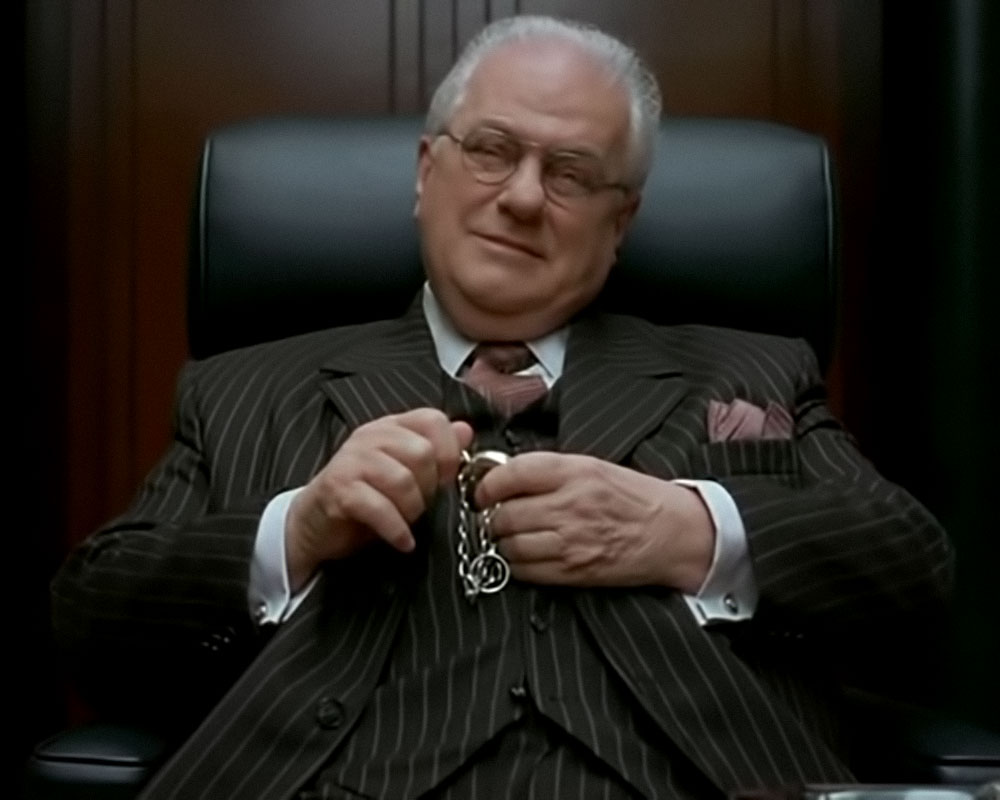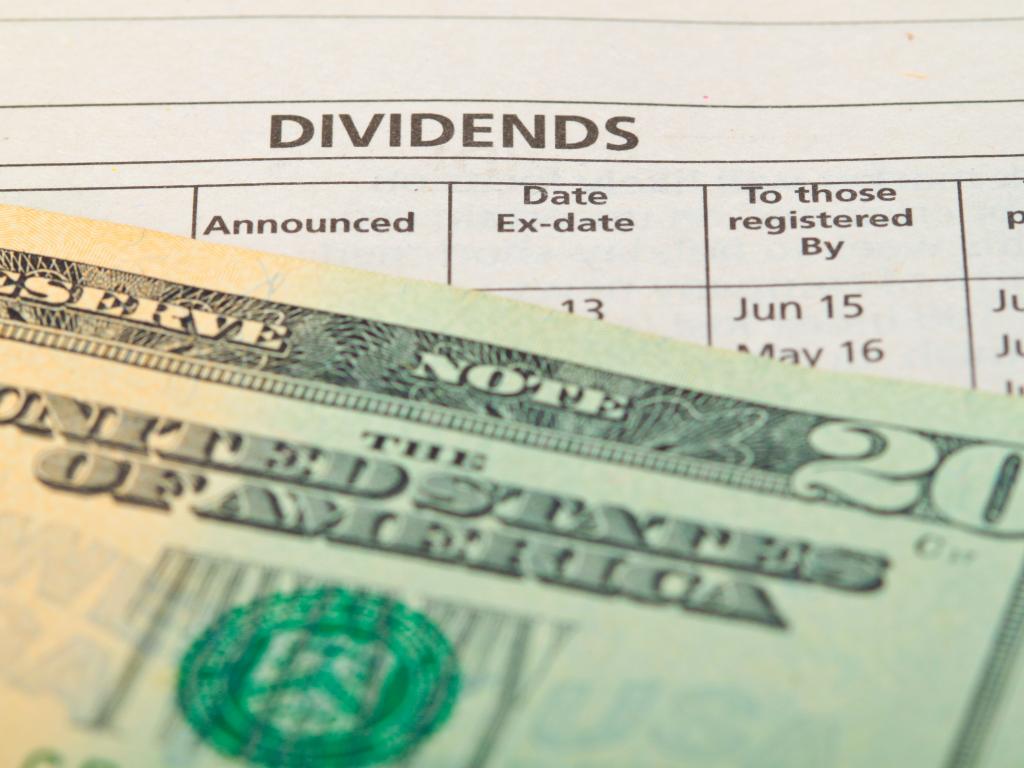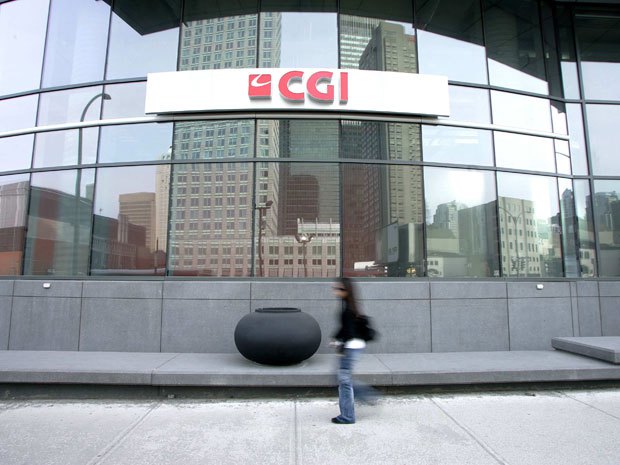Uncle Warren’s critiques of investment bankers are scattered throughout his missive, but probably the highest concentration is located in his section on Berkshire Hathaway as a conglomerate, starting on page 29. The money shot, so to speak, is concentrated on pages 31–32:
Berkshire has one further advantage that has become increasingly important over the years: We are now the home of choice for the owners and managers of many outstanding businesses.
Families that own successful businesses have multiple options when they contemplate sale. Frequently, the best decision is to do nothing. There are worse things in life than having a prosperous business that one understands well. But sitting tight is seldom recommended by Wall Street. (Don’t ask the barber whether you need a haircut.)
When one part of a family wishes to sell while others wish to continue, a public offering often makes sense. But, when owners wish to cash out entirely, they usually consider one of two paths.
The first is sale to a competitor who is salivating at the possibility of wringing “synergies” from the combining of the two companies. This buyer invariably contemplates getting rid of large numbers of the seller’s associates, the very people who have helped the owner build his business. A caring owner, however – and there are plenty of them – usually does not want to leave his long-time associates sadly singing the old country song: “She got the goldmine, I got the shaft.”
The second choice for sellers is the Wall Street buyer. For some years, these purchasers accurately called themselves “leveraged buyout firms.” When that term got a bad name in the early 1990s – remember RJR and Barbarians at the Gate? – these buyers hastily relabeled themselves “private-equity.”
The name may have changed but that was all: Equity is dramatically reduced and debt is piled on in virtually all private-equity purchases. Indeed, the amount that a private-equity purchaser offers to the seller is in part determined by the buyer assessing the maximum amount of debt that can be placed on the acquired company.
Later, if things go well and equity begins to build, leveraged buy-out shops will often seek to re-leverage with new borrowings. They then typically use part of the proceeds to pay a huge dividend that drives equity sharply downward, sometimes even to a negative figure.
In truth, “equity” is a dirty word for many private-equity buyers; what they love is debt. And, because debt is currently so inexpensive, these buyers can frequently pay top dollar. Later, the business will be resold, often to another leveraged buyer. In effect, the business becomes a piece of merchandise.
Berkshire offers a third choice to the business owner who wishes to sell: a permanent home, in which the company’s people and culture will be retained (though, occasionally, management changes will be needed). Beyond that, any business we acquire dramatically increases its financial strength and ability to grow. Its days of dealing with banks and Wall Street analysts are also forever ended.
Some sellers don’t care about these matters. But, when sellers do, Berkshire does not have a lot of competition.
This really is masterful trolling. In one sequence, investment bankers, corporate acquirers, and private equity firms are all depicted by the Oracle of Omaha as modern day Snidely Whiplashes, evilly twirling their mustaches as they sell unnecessary transactions, “invariably” fire trusted and loyal employees, and repeatedly ravage the sanctity and probity of the acquired company’s balance sheet with dat ole debbil Debt. In contrast, Berkshire Hathaway is characterized as a veritable lavender-scented bosom of motherly protection and comfort.
Old Warren knows his audience, and his audience in this section is family-owned businesses or professional managers of corporate subsidiaries who aspire to get off the big company hamster wheel. The former, in particular, tend to be less sophisticated when it comes to matters financial, and hence are ripe targets for terrifying with images of slick, rapacious professional rapscallions just waiting for a chance to spring upon Aunt May and ravish her repeatedly over a cracker barrel. But of course most of it is tendentious bullshit.
I will not try your patience or mine by responding to each attack detailed above. Instead, I will only note that Warren is so eager to characterize non-conglomerate corporate acquirers and private equity firms in so unflattering a light because they are his competitors for buying companies. Likewise, he takes a swipe at my profession because our job and livelihood is attempting to get the best possible deal for our clients who are sellers. An important part of this for most sellers, of course, is maximizing the monetary value they receive for their companies, subject to other interests and constraints. And because Berkshire Hathaway brings no revenue or cost synergies to the table, unlike non-conglomerate corporate buyers, and can be disadvantaged against financial sponsor buyers due to their ability to pay with very cheap, tax deductible debt, Warren is often the least attractive buyer in terms of price offered. Not all potential sellers care only about receiving the highest possible price, but almost all of them are interested in price to some degree, so it is our duty as sell-side representatives to make this dynamic clear to our client. This, I am confident, does not please the Great Man.















